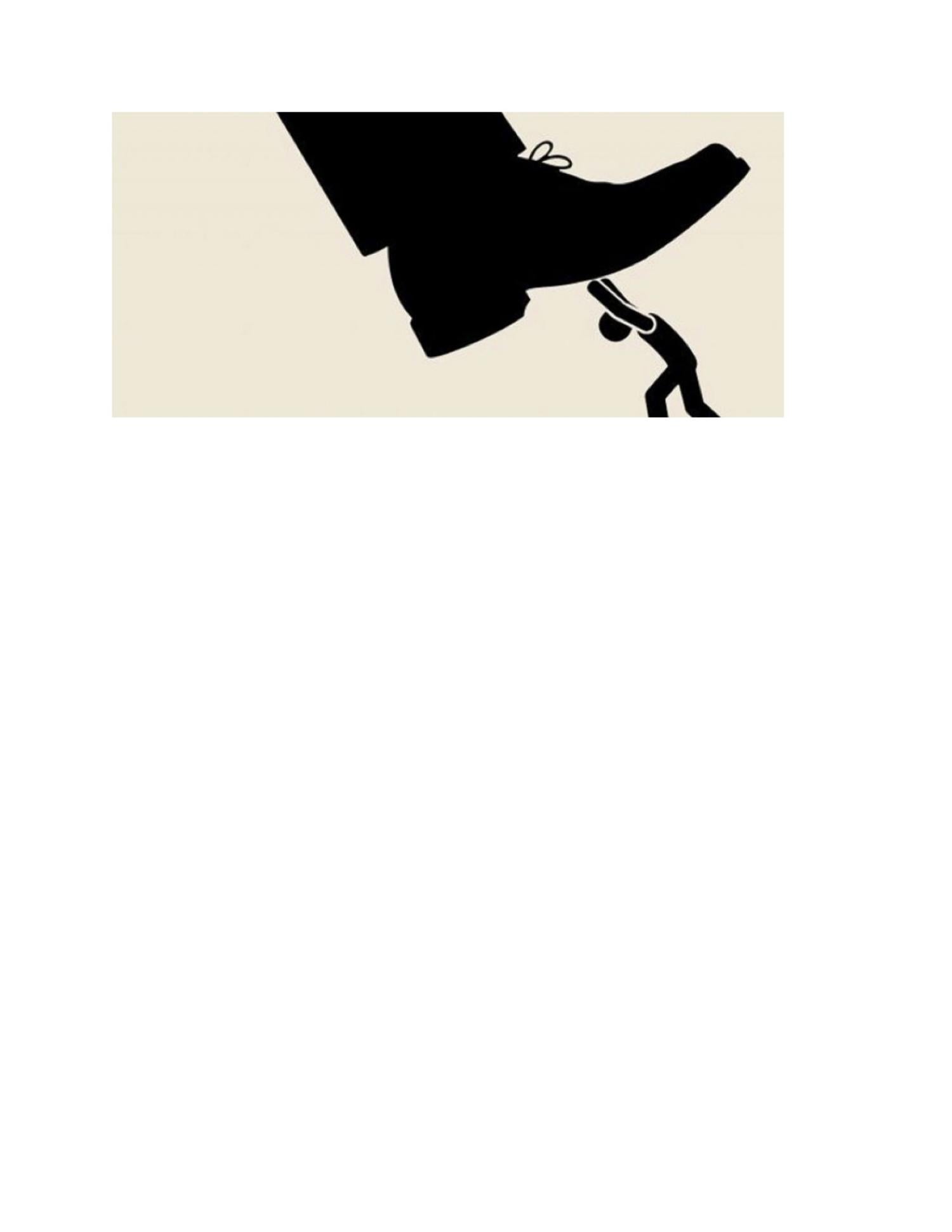ENGL 4039-001: Critical Thinking in English Studies, Literature of Defiance (Spring 2019)

All too often, English majors are told that their studies are impractical. W.H. Auden’s famous line, “Poetry makes nothing happen,” is often misunderstood as admitting the powerlessness of literature in general. In fact, though, literature has a track record of empowering social change. This course will examine the relative effectiveness of strategies of the “literature of defiance” across history. Poetry and fiction can dismantle taboos. Literature can also challenge and reframe what we value as a society: Describing the inspiration for Patrick Bateman, the bloodthirsty stockbroker antihero of his controversial novel American Psycho, Brett Easton Ellis said that when he moved to New York City as a young man, he was taken aback by the rampant materialism of Wall Street and the ambitious strivers around him: “I wrote it as an act of defiance to stop myself from slipping into that kind of lifestyle.” His novel led many readers to question this way of life as well.
We will study:
-Banned books
-Obscenity
-Muckraking and investigative journalism
-Books and other media questioning censorship and government control of communication
-Boundary-pushing literary depictions of violence, from the severed heads in Shakespeare’s Titus Andronicus onwards
-Literary defiance of racial barriers
-Texts that defy traditional conceptions of what deserves to be called literature: Can videogames be an object of scholarly study?
-Literature defying traditional taboos related to gender
-Literary depictions of controlled substances


